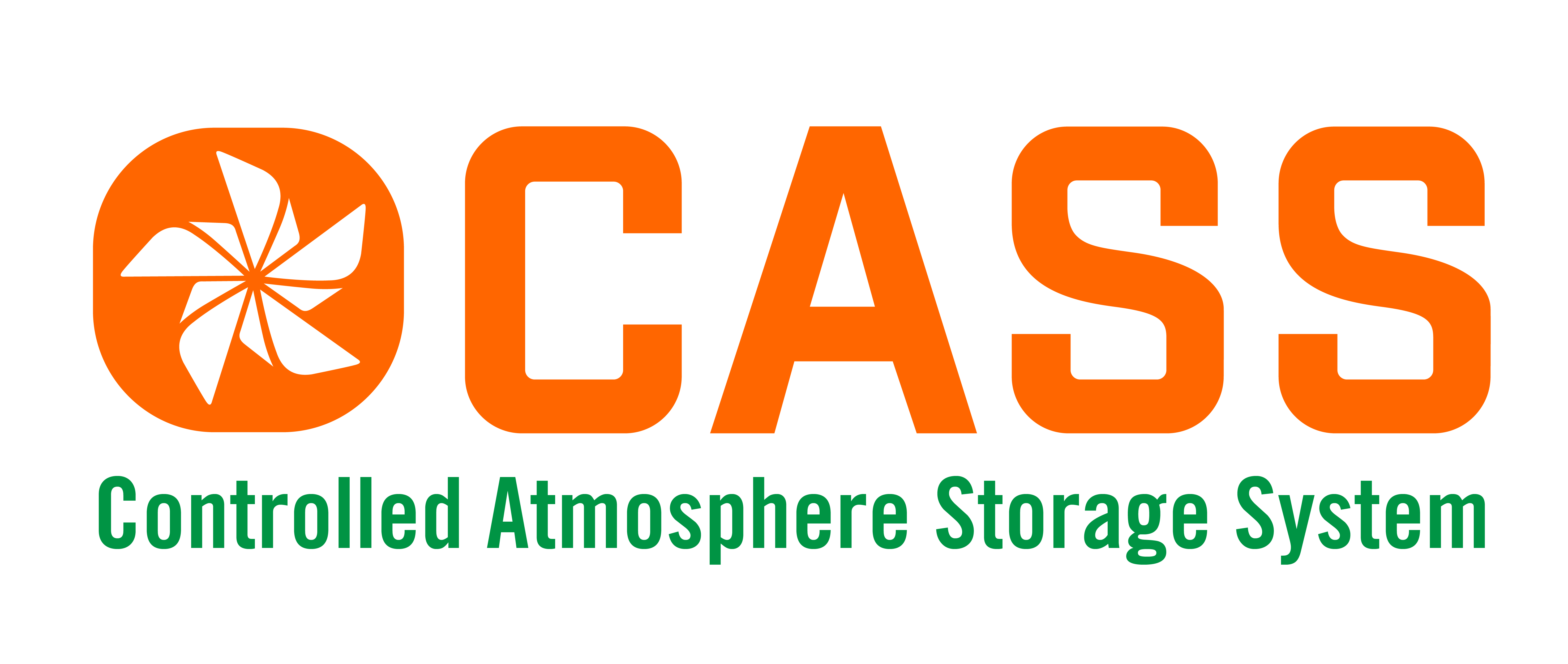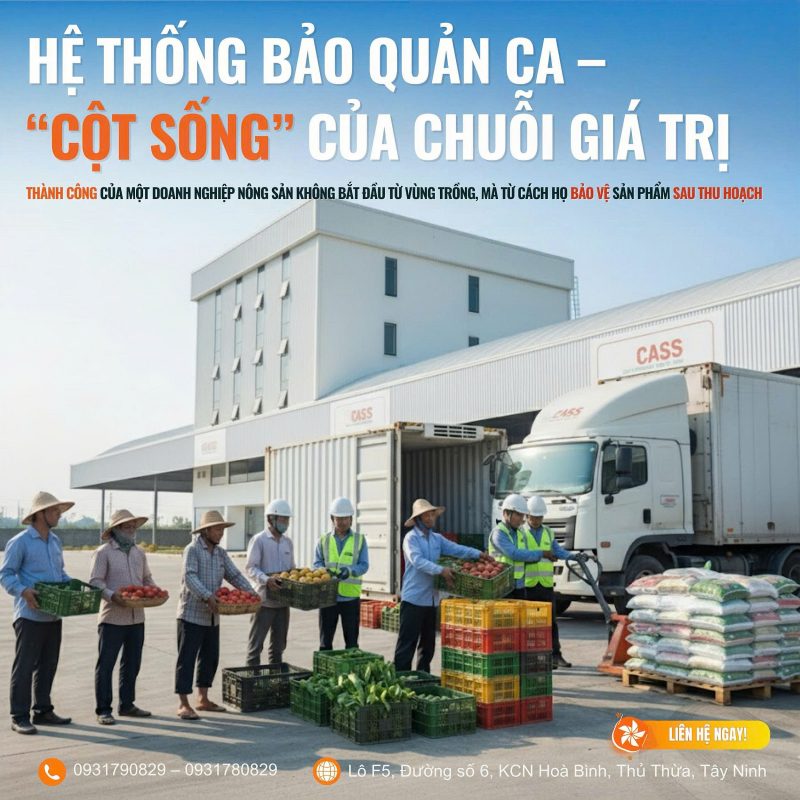1. Redefining “Success” in Modern Agribusiness
For decades, agricultural success has been defined by the quality of the cultivation zone — fertile soil, favorable weather, and good farming practices.
But in today’s global supply chain, the journey from farm to fork is far more complex. Between harvesting, handling, storage, and distribution, any weak link—especially post-harvest—can destroy the value created in the field.According to the FAO, global post-harvest losses account for 30–40% of total agricultural production, equivalent to hundreds of billions of dollars in wasted resources. In Vietnam, post-harvest losses are estimated at 15–25%, depending on crop type.
This means that even when farms meet VietGAP, GlobalGAP, or organic standards, their real value can vanish within days if preservation systems are weak.2. Post-Harvest Management – The True Bloodstream of Profitability
Post-harvest processes include:
- Storage & Preservation Systems
- Atmosphere, Temperature, and Humidity Control
- Cold Chain Logistics
- Grading & Quality Control
These are not merely technical steps; they form a Value Control System.
A company can double its net profit simply by maintaining firmness, freshness, and nutritional value for an additional 3–4 weeks compared to competitors.According to FAO data (2023):
- Every 1% reduction in post-harvest loss can increase net profit by 2–3%.
- A ton of mango that retains 90% quality after 30 days can be sold for 20–25% higher prices than conventionally stored products.
3. From Farm to Brand – The Real Journey of Value
Consider two companies with the same 100-hectare plantation:
- Company A focuses on cultivation techniques but uses standard cold storage.
- Company B invests in Controlled Atmosphere (CA) storage systems.
After one year:
- Company A sells out within the harvest season, subject to market price drops.
- Company B can store, plan, and sell strategically year-round, increasing profit margins by 35–40%.
The difference isn’t in how good the fruit is, but in how long it stays good.
4. CA Technology – The Backbone of Value Retention
Controlled Atmosphere (CA) storage precisely adjusts levels of O₂, CO₂, N₂, and humidity to slow respiration and aging processes in fruits and vegetables.
Key advantages include:
- Extending shelf life 3–4 times longer than conventional storage
- Maintaining natural color, texture, and aroma
- Reducing weight loss and spoilage by up to 80–90%
- Enhancing export readiness with consistent quality
When integrated with CASS (Controlled Atmosphere Smart System) technology, businesses gain:
- Real-time IoT monitoring and control
- Automated gas and temperature calibration per crop
- AI-driven quality prediction for optimized sales planning
- Energy optimization, reducing operational costs by up to 30%
5. Real-World Lessons: Success Starts in the Storage Room
Leading international brands like Zespri (New Zealand) and SanLucar (Spain) built their global reputations not just on farming, but on post-harvest excellence.
Zespri’s kiwis can be stored for up to 10 months under CA conditions while retaining 95% of their original freshness.In Vietnam, early adopters of CA and CASS systems are rewriting the narrative:
- Mekong Delta fruit exporters using CASS have stabilized ripening rates for durians and mangoes, cutting rejection rates from 18% down to 3%.
- Northern cooperatives storing lychees under CA technology successfully exported to Japan — maintaining premium quality even after 20+ days of transit.
6. Conclusion: The Future of Agribusiness Lies Beyond the Farm
In the modern agricultural economy, the winning companies aren’t those with the largest farms, but those with the strongest control over post-harvest quality.
Investing in smart preservation systems like CASS is no longer an operational cost, but a strategic foundation for:
_______________________
- Extending the sales cycle,
- Preserving product value,
- Strengthening brand credibility, and
- Integrating into global, sustainable supply chains.
CÔNG TY TNHH BẢO QUẢN RAU QUẢ CASS
• Hotline/Zalo: 0931790829 – 0931780829
• Email: cass@cass.vn
• Website: cass.vn
• Fanpage: CASS – Kho bảo quản nông sản tươi bằng công nghệ CA
• Địa chỉ kho (trước sáp nhập): Lô F5, Đường số 6, KCN Hoà Bình, Huyện Thủ Thừa, Tỉnh Long An
Địa chỉ kho (sau sáp nhập): Lô F5, Đường số 6, KCN Hoà Bình, Xã Thủ Thừa, Tỉnh Tây Ninh




